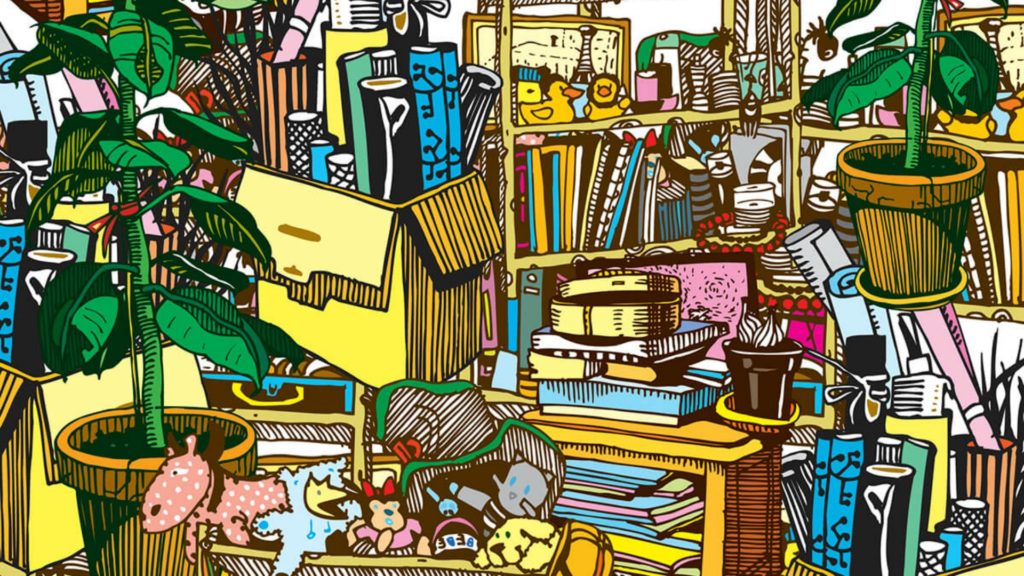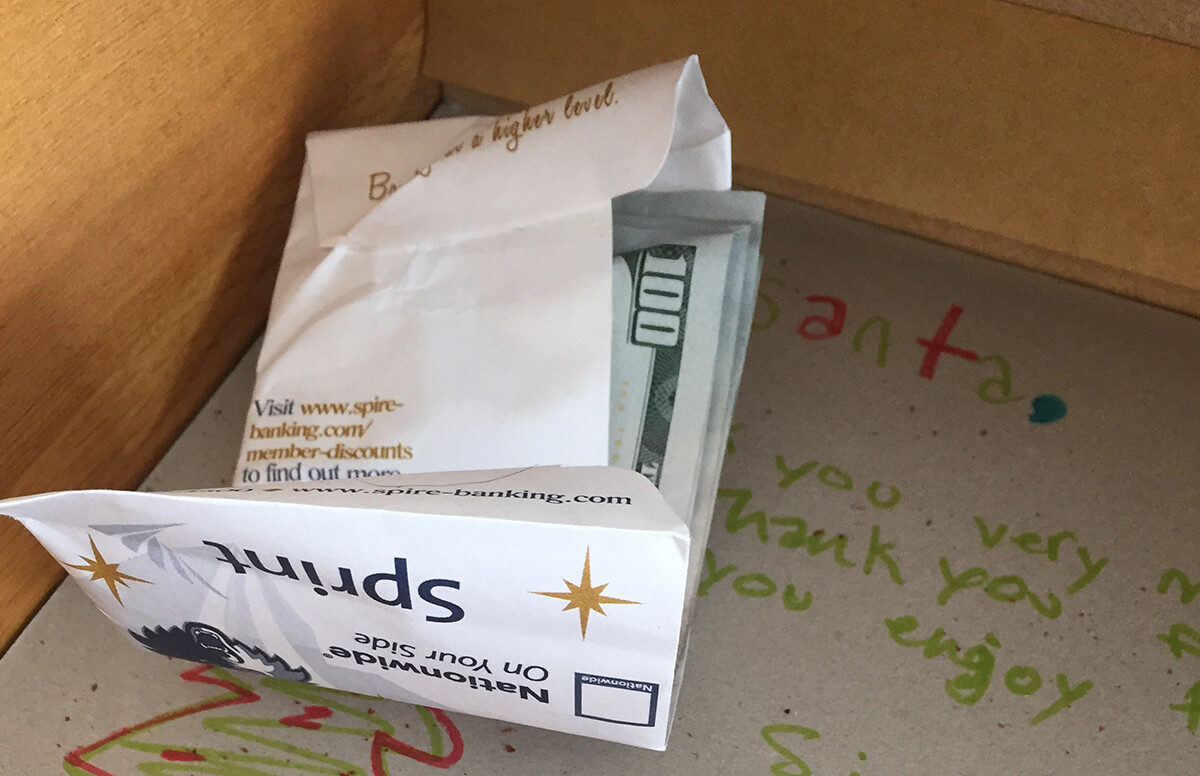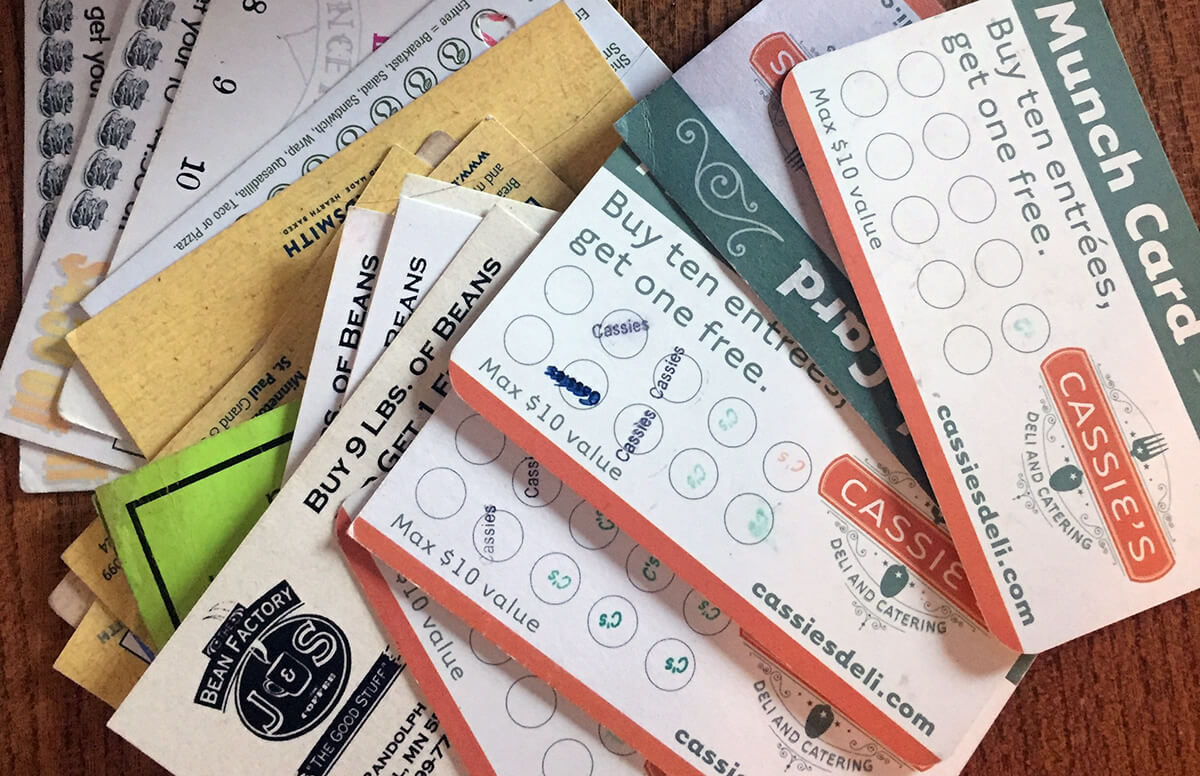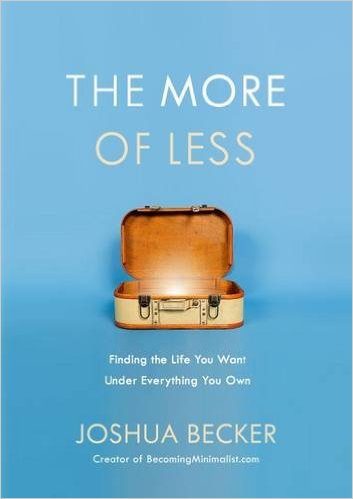
By Heidi Raschke – Living & Arts Editor
(This is the third installment in Heidi Raschke’s four-part series on her 30 day decluttering experiment. Here is Part 1 and Part 2.)
Now about that $1,000. In the first installment of My Great Decluttering Experiment, I mentioned that I found money, a lot of money. It’s true.
Decluttering master Marie Kondo had more or less promised that I would find money in her bestselling book The Life-Changing Magic of Tidying Up, and she had been right. The coin jar had been seeing lots of action since I had begun my self-imposed four-week decluttering bootcamp.
The wrinkled receipts in my wallet had been replaced by signs of my good fortune.
But I never expected this.
I was clearing out my lingerie drawer and there, tucked way in the back, where I hide the notes my daughters have written to Santa and the Tooth Fairy, I found it: a bank envelope containing 10 crisp $100 notes.
I had no recollection of stashing the cash there. Maybe it was fake. Maybe I was hallucinating. Maybe the Tooth Fairy was finally compensating me for that hellish experience with my wisdom teeth back in 1995.
Rainy Days and Mondays

- What a find! A thousand bucks in the back of a drawer.
I sat down on my bed and held the wad in my hand. I probably had put it there for safekeeping while reeling from my layoff in 2014. I probably had thought I would set aside a chunk of my payout for a rainy day.Rainy Days and Mondays
There certainly had been lots of rainy days since then. Days too often overrun by feelings of scarcity, desperation and hopelessness. Days spent worrying about losing my house. Days spent wondering what to do.
Today was different, though. Today I sat in my messy, half-decluttered room and meditated on the abundance in my life. Since beginning my decluttering spree, I had found so many things:
- A $25 nail salon gift card in a stack of mail
- Six one-dollar bills tucked into a children’s book
- Punch cards worth a free pound of coffee beans at my neighborhood coffee shop
- Punch cards worth a free latte
- Punch cards worth a free lunch at that soup and sandwich place by my office
- Punch cards worth a free loaf at Breadsmith
- A $5 Target gift card
- Several dollars’ worth of coins
- And now a thousand dollars
The wrinkled receipts in my wallet had been replaced by signs of my good fortune. As I cashed in those gift cards and claimed my freebies, I savored my good luck and felt like sharing it with others. I was more likely to put a buck in the tip jar, more inclined to ask how the barista’s day was going, more apt to smile at the strangers going about their business around me.
Top of the World Decluttering

- Turns out there is such a thing as a free lunch when you’ve unwittingly been hoarding frequent buyer cards.
My home was feeling more abundant, too. The more I discarded things that didn’t spark joy, the more I discovered things that did — a book my teenager loved as a toddler, a beautiful jacket in the back of my closet, a delightfully silly photo of my younger daughter goofing off with her bestie. We rescued these items from obscurity and moved them to places where we can now enjoy them.
I was on my third decluttering audiobook by now (with one more to go) — The More of Less: Finding the Life You Want Under Everything You Own by Joshua Becker. And this paradox of feeling like you have more when you actually have less was exactly what the Becker was talking about.
Becker is a minimalist. His realization that “not only are my possessions not bringing happiness into my life, even worse, they are actually distracting me from the things that do” came on Memorial Day weekend in 2008.
Becker was spending a beautiful day cleaning out his two-car garage, stacking everything in the driveway so he could clean it, hose down the garage and put it all away more neatly. As he worked, he repeatedly rebuffed his 5-year-old son’s requests to play with him. A comment from his neighbor was a lightbulb moment.
Suddenly, Becker understood that all the time he was spending acquiring, managing, organizing, fixing and storing stuff was preventing him from doing the things that were truly important to him. He convinced his family to embark on a minimalist adventure. Six months later, they had half as much stuff as before and were on their way to a happier, more meaningful existence. Eventually, Becker and his wife even used the money, time and energy they had saved to found a nonprofit that helps orphans get a better start in life, The Hope Effect.
We’ve Only Just Begun
Becker claims that if you live with only what you need and what you love, you’ll have more time, more energy, more money, more freedom and less stress, and that this will not only benefit you, it will allow you to be more generous.
I think he’s right. I was only three weeks into my decluttering experiment, but I was already experiencing all of those things. And Becker’s focus on giving as well as the environment spoke to me. Not liking to waste perfectly good things was one of the reasons I had hung on to so much stuff.
That’s why I couldn’t bear to throw my old parka into the trash. The down-filled coat was too worn to give to Goodwill but too warm to go in a landfill. Surely, someone could use it. After listening to Becker, I decided to put it in my backseat just in case I came across that someone.
Kondo had taught me how to let go of my attachment to things I no longer needed or loved. In her book Unstuffed, Ruth Soukup had shown me the power of focusing not on my family’s clutter but my own. And now Becker was encouraging me to find a joyful, responsible way to give it all away.
The books, for example. My kids had done such a wonderful job cutting down our book collection, and my first inclination had been to take them to Half Price Books and make a little money. But would it be worth it? Plus, I had seen stacks of books piled in the dumpster outside the store — it pained me to think of our old perfectly good books ending up there.
Then it hit me — I knew someone who routinely collected books and donated them to the Juvenile Detention Center and Books for Africa. I texted him and a few hours later he had taken three boxes of picture books, chapter books and novels off my hands.
Always Something There to Remind Me
A few days later, I bumped into the nurse at my younger daughter’s school and asked if she still needed gently-used socks and underwear. “Yes, always,” she replied, and went on to tell me about the need not only for sweatshirts and boots and other winter items. Bingo. I had several of each in my trunk.
When our favorite toddler friend and his parents came over for a visit, I knew exactly where to find the one two-handled cup we had left so he could enjoy tea with the rest of us. As we drank hot tea, he did his best with the mint-infused warm water in that green cup. Most of it made it into his mouth, and the special big-kid cup from that fun day went home with him.
It was winter in Minnesota, and we had been having some of the coldest days of the year, but all of these experiences had a warming effect on my spirit.
I was smiling to myself as I drove home after dropping my younger daughter at ballet class one especially bitter Saturday morning. Then I saw her: A homeless woman standing at the intersection, wearing a coat that certainly wasn’t down-filled. I rolled down my window. “I don’t have money, but I have a warm coat with a big hood,” I said. “Do you want it?”
“Oh, thank you, baby, yes, thank you, baby,” she replied.
As I drove away, I meditated once again on the abundance in my life. Even with all this decluttering, I had more than enough.
The Third Book: The More of Less
 Big idea: Having too much stuff gets in the way of leading the lives we want. When we free ourselves from the burden of acquiring and managing stuff, we are able to pursue activities we care about. Becker makes a compelling case, and he is better than I am at summing up that idea in memorable one-sentence soundbites, such as “Subtracting unneeded stuff multiplies opportunities to pursue the things you care about” and “Maybe the life you want is hidden under all that stuff.”
Big idea: Having too much stuff gets in the way of leading the lives we want. When we free ourselves from the burden of acquiring and managing stuff, we are able to pursue activities we care about. Becker makes a compelling case, and he is better than I am at summing up that idea in memorable one-sentence soundbites, such as “Subtracting unneeded stuff multiplies opportunities to pursue the things you care about” and “Maybe the life you want is hidden under all that stuff.”
Eye-roll factor: Not everyone has a supportive spouse willing to make a life-changing leap with them. And Becker’s takedown of the fashion and beauty industries is a little extreme for me. He may be able to get by with only three pairs of shoes, but this Minnesota lady needs at least three pairs of boots (not counting ankle boots or rain boots).
Shrug factor: With his clear, insistent single-minded message, Becker makes becoming a minimalist seem easy. Maybe too easy.
Then again: He makes a lot of sense. Maybe we don’t need bigger salaries — just smaller houses, fewer cars and less stuff. Owning stuff does take a lot of time and effort. Wouldn’t most of us benefit from diverting some of the time, attention and money we spend on stuff on something more meaningful?
Big takeaways: Becker’s message of decluttering for a greater purpose than just having a neater house is a powerful and compelling one, and he makes lots of great suggestions in support of that idea. These, in particular, stuck with me:
- Live with the least amount of stuff that works for you
- Minimizing looks different for everyone
- Minimalism doesn’t have to be extreme
- Owning less stuff is freeing
- There is no right amount of stuff; “unneeded” is in the eye of the beholder
- Organizing things is about hanging on to them; minimizing is the opposite of that
- Focus on quality, not quantity
- There’s joy in making giving a priority
![]() This article originally appeared on Next Avenue
This article originally appeared on Next Avenue
© Twin Cities Public Television - 2017. All rights reserved.
Read Next



